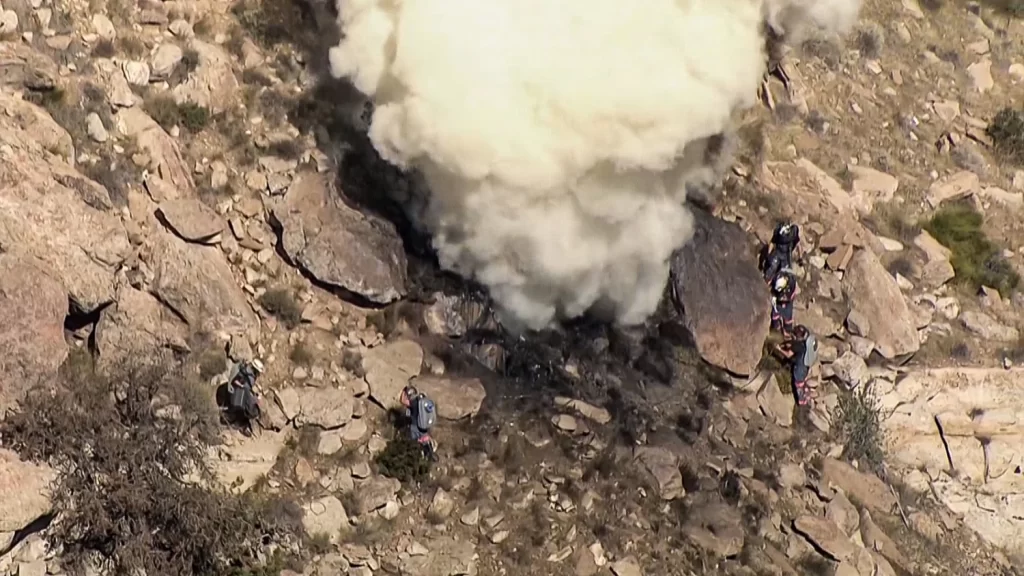Australian coal mines located within the watch zone for Cyclone Kirrily are making preparations for its landfall in Queensland state.
Gales with damaging wind gusts of 120km/hr are likely to affect the Whitsunday Islands on 24 January and extend to mainland communities between the towns of Ayr and Sarina during the morning of 25 January, Australia’s Bureau of Meteorology (BoM) said. The storm is forecast to cross the northern Queensland coastline on the night of 24 January between the towns of Cardwell and Bowen as a category 2 cyclone.
The northern Bowen basin coal terminals of Abbot Point, Dalrymple Bay (DBCT) and Hay Point are most likely to be affected by the storm’s predicted path. Deliveries to Hay Point and DBCT were cut for nearly a month following the April 2017 impact of Cyclone Debbie.
The regional harbourmaster at the city of Mackay, which covers the Hay Point and DBCT terminals, has closed pilotage areas, waterways, marinas, buoy mooring grids and anchorages, with vessels not to leave cyclones moorings until an official all clear is given. The harbourmaster for Townsville, Bowen and Abbot Point is also ordering ships to not leave their moorings.
The port of Townsville ships mainly non-ferrous concentrates from Queensland’s northwest minerals province, as well as live cattle and is also a key regional container port.
Heavy rainfall, which may lead to flash flooding, is forecast for coastal areas from 25 January before spreading to inland areas later during the day and continuing during 26 January.
A BoM tracking map on 24 January suggests the storm is likely to track west once it makes landfall, which would reduce the likelihood of flooding in southern Bowen basin mines and potentially as far south as New South Wales state, also a major coal exporter.
Exports of coking coal were already disrupted because of problems on the Goonyella Coal Rail System — connecting Hay Point, DBCT and Abbot Point — following a temporary suspension last week. The delays have prompted expectations of tightening supplies.








